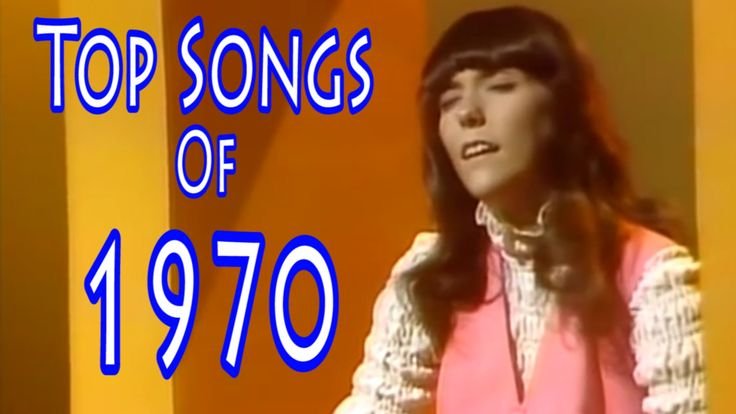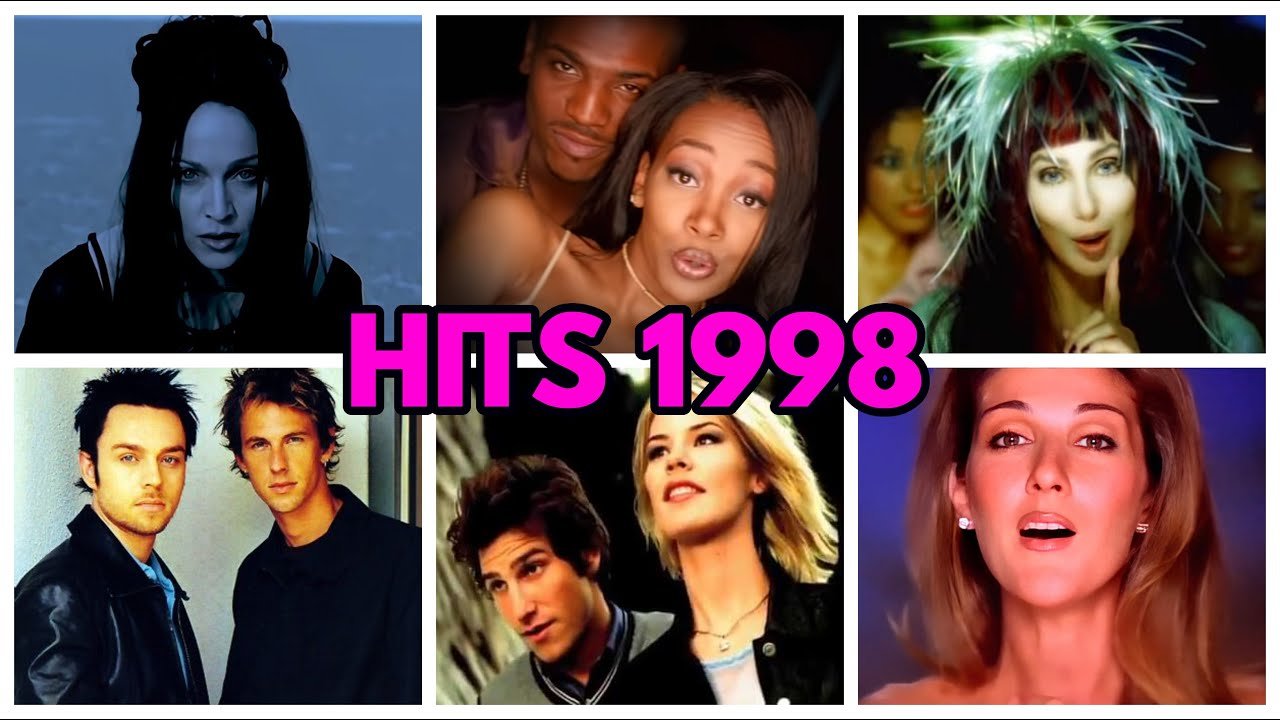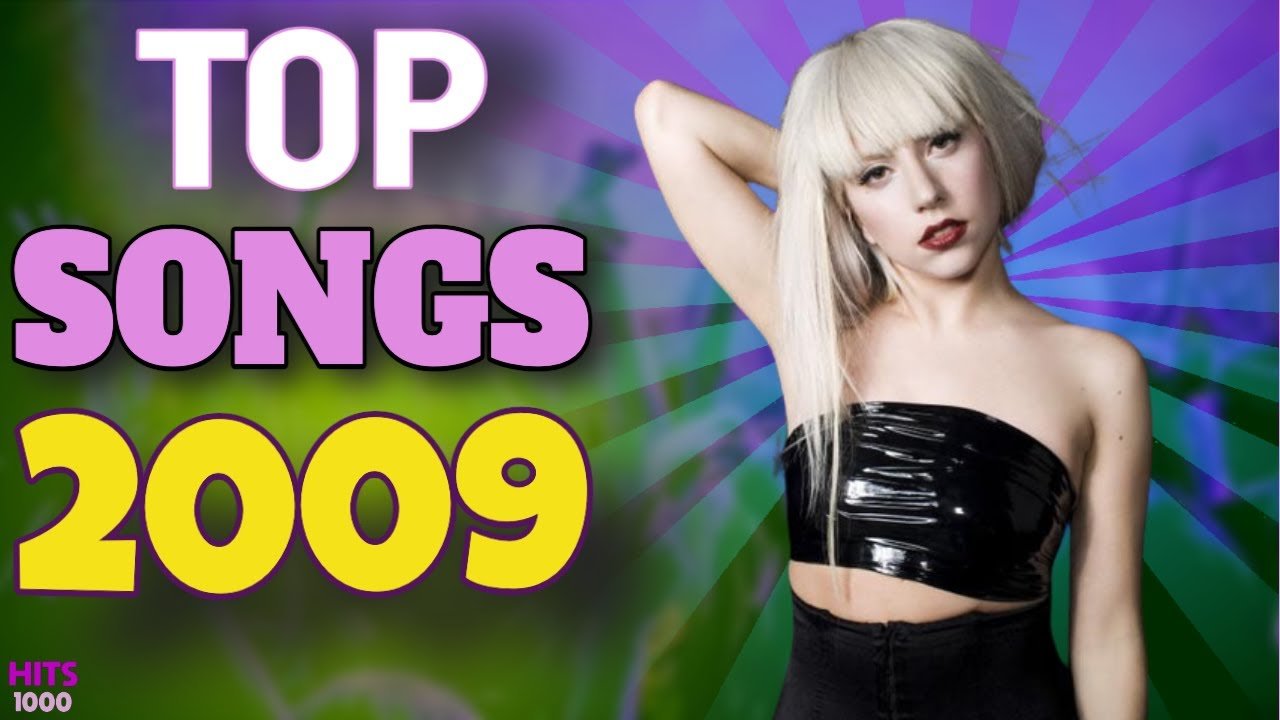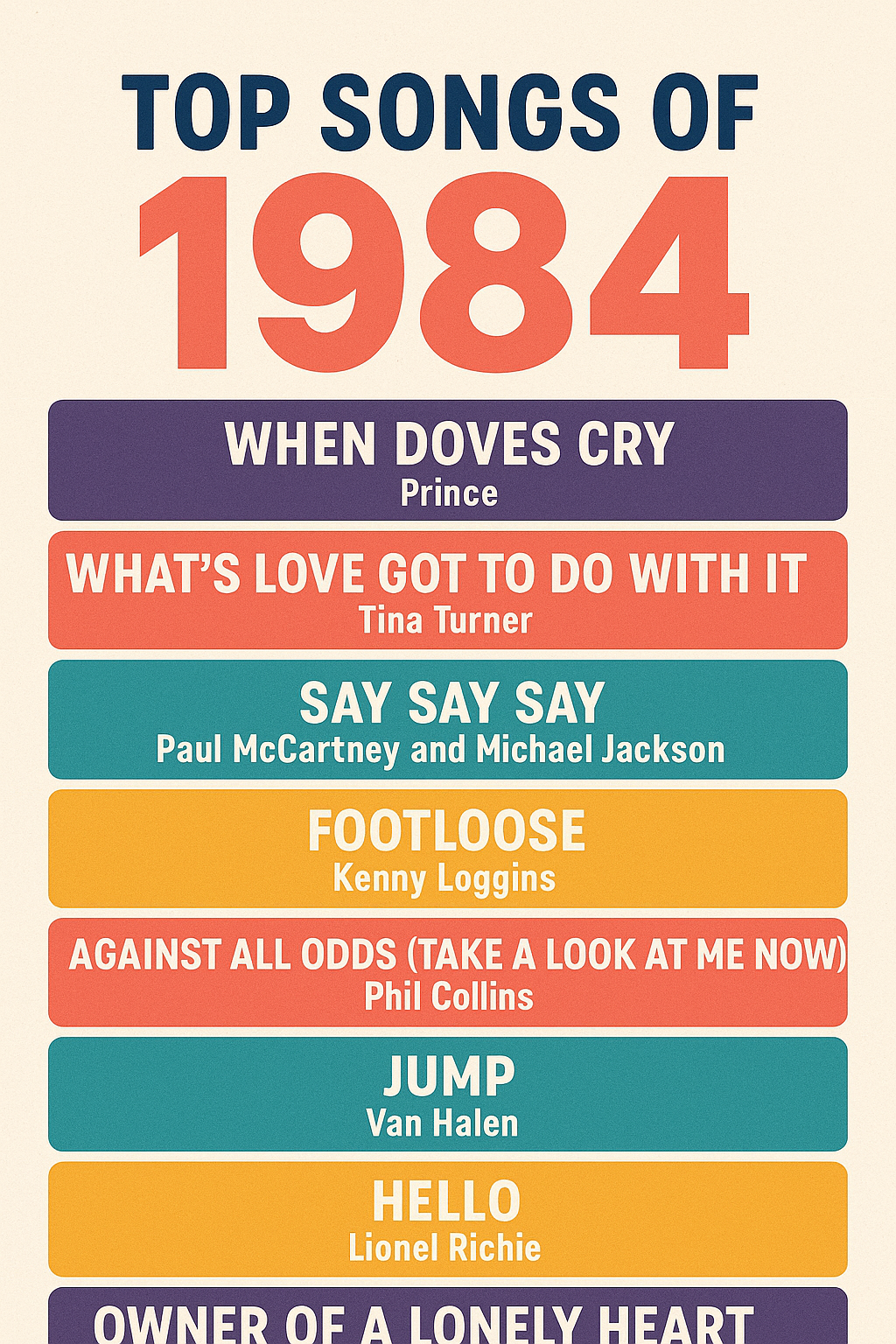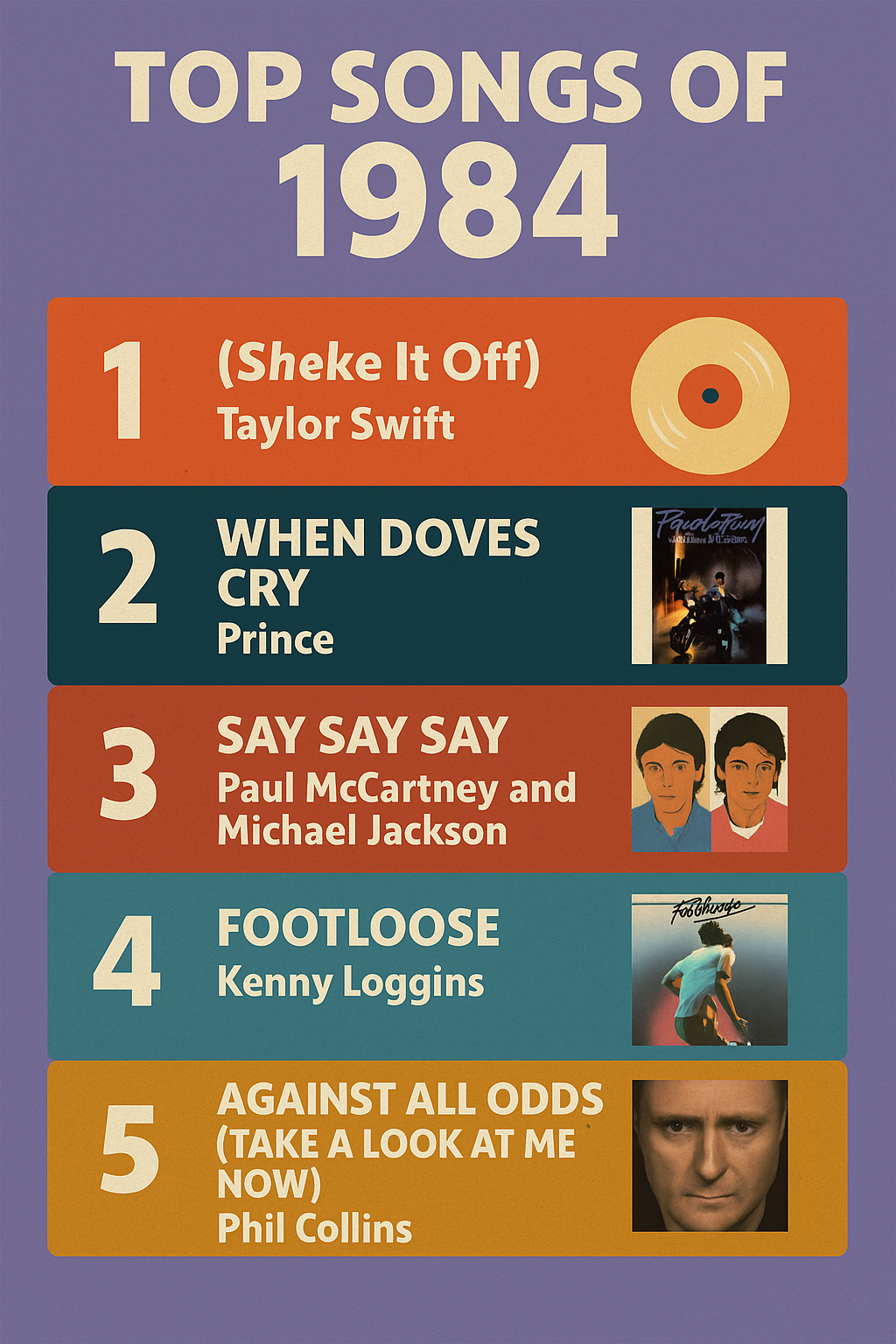Most rappers became significant from single hits and collaborations with top artists in the industry, but the big question is, how much do rappers make per song they release? Or how much does a rapper get paid to feature?

They earn differently depending on the artist’s rating, status, and outreach in the music industry. Taking a closer look at the earnings of rappers per song and average industry rates compared to the structure of royalty payments and the financial possibilities of a hit song.
How Much Does a Rapper Get Paid Per Hour?
The estimated average salary for a rapper in the United States can be estimated to be $54.12 per hour with from October 25, 2024, on ZipRecruiter. This wide pay scale is unstable, but the hourly wage is between $8.17 and $77.40 an hour.
The WSI also shows that the majority of rappers earn between $50.48 and $59.86. The salaries of rappers depend on the level of recognized fame, the total fan base, and the type of performance given.
Independent or upcoming artists can be paid at minimum wage to perform, while popular hip-hop artists charge much higher fees per performance depending on their popularity. Some rappers can perform or collaborate and get paid over $10,000 for a single show.
Young and upcoming freestyle rappers charge $100 for a verse or a song, following the popularity they bring to the project when hired to perform for a song or at a private event.
How Much Do Rappers Make Per Song They Feature?

Rappers earnings per song are based on the kind of contract and distribution channels and the number of people who worked on the song. In general, rappers receive from $100 to $1000 for one song.
For independent artists, per-song earnings may be obtained from streaming royalties, performance rights and licenses, and occasional royalties for the features. Currently, major label contracts work under a formula based on royalties and advances and distribution fees per song.
Mainstream artists can also negotiate a higher price for the cameo because some well-known performers will perform a verse or a hook for thousands of dollars. Another form is royalties since some rappers are popular with fans that stream their music ruthlessly on various platforms.
For instance, the eligible music streams on Spotify or Apple Music can make the rappers generate a handsome amount of money considering the aspect of the per-stream royalty rate ranging from $0.003 to $0.005.
They also earn an opportunity to earn income from the licenses they afford for their music, advertisements, films, and television shows, which affords an additional substantial stream.
Do Rappers Get Paid When Their Song Is Played?
Rappers are entitled to royalties every time their song is played, depending on the place and market of the song. Songwriters and recording artists are normally paid through royalties, which are earned from radio performances, use on streaming sites, and other public places.
Every time one of the songs is played from the licensed media, royalties are paid to both the songwriter and the recording artist, following their particular contractual provisions that relate to the licensed platform.
Broadcasts or public performances of musicals in the United States can only be done so with permission of performance rights organisations such as ASCAP, BMI, or SESAC, as they charge fees for every play of a song from their represented artist.
Other digital platforms that pay artists based on the number of streams include Spotify, Apple Music, and Tidal, paying as low as $0.006 per stream. Still, the top musicians who gather millions of plays can get good money from these low per-play tariffs.
Radio play also earns royalties, though the royalties here are often more advantageous to songwriters and publishers than to the singers since US copyright law does not require payment to the performing artist for live over-the-air radio performances.
However, the writers that rap get royalties from these royalties since they get paid each time the song is played on the radio.
How Much Is a Hit Song Worth?

A hit song is gold, and it can bring lots of benefits for all involved, especially for rappers with vast populations in terms of fan base.
A standard business practice, which many industries agree to in the global market, is that a hit product can bring in between $5m to $10m in royalties within the first five years of its launch in the export markets. This amount consists of streaming, radio broadcast, television, advertisement, and public performance rent.
Distribution sales, popularity of a song, and licensing have a significant relationship with the financial effects of a hit song. Making the same available for movies, commercials, and video games can result in great additional sales since the success of the tune transforms the song into a recognizable cult icon.
For instance, certain tunes linked to leading brands or movie productions may well proceed to give royalties for many years. Nevertheless, royalties from a particular hit song always decline after some time, in rare cases, after five years.
Thus, for instance, rappers may gain sudden high sales and therefore high income when they produce a hit, but subsequent revenues will depend on producing more hits and so on.
Currently, a major hit also enhances personal brand image, which can easily translate into further endeavors such as endorsements deals, collaborations, and merchandise. Such opportunities are usually almost as weighty as the money that can be earned on the song because they help rappers stay afloat, even if the song has lost its position among the audience.
Conclusion
Rappers’ earnings per song depend on several factors, such as a rapper’s popularity, choice of distribution channels, and a rapper’s level of participation in song production.
Big name rappers make millions per track from streaming, performing, and getting other featured artists’ verses. Also, every time a rapper’s songs are played on licensed platforms, they make royalty, although the amount that they get is fixed by the platforms and the type of play.
When a song receives a hit, then the returns can be truly exciting; a song can earn millions of dollars in royalties—not a bad deal in the first few years, is it? In any case, at present, rappers’ ability to earn money on their tracks proves the versatile opportunities of the contemporary music market.

